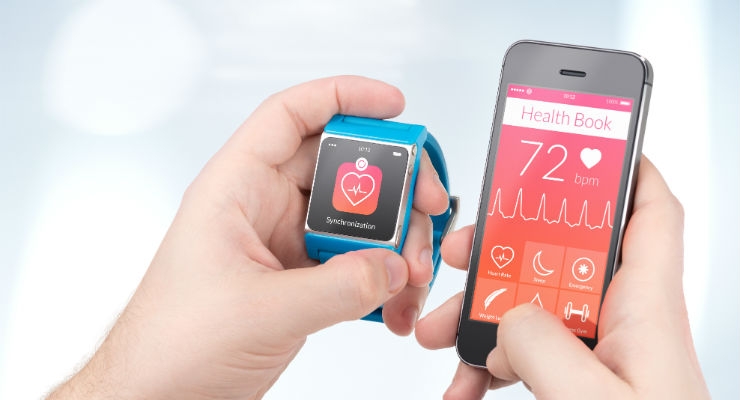Medical-grade wearables have the potential to fill the care-gap and offer patients with chronic illnesses the long-term support that they need. Biotricity’s CEO and Founder, Waqaas Al-Siddiq, discusses the importance of ensuring the clinical relevance of medical wearables in an interview with MPO. Biotricity is striving to create a simple solution that will integrate seamlessly into the doctor’s existing workflow, billing systems, and have an interface created for ease of patient use.
It is important to understand the different between fitness bands and medical-grade wearables. Waqaas says, “Where fitness bands can help measure and monitor mobility to help with fitness goals, wearables that are medical devices impact both the diagnosis and prevention of cardiac diseases.” Waqaas explains that a health tracker does not produce data that is made for physician use, it is not accurate enough nor is it customizable in the way that a medical wearable should be. A fitness wearable is meant only as a lifestyle aid and therefore need not be benchmarked to achieve medical FDA clearance.
To earn FDA clearance, a medical-grade wearable is benchmarked against previously tested, reliable technologies before it can claim to be a clinical diagnostic tool. Benchmarking is also relevant when it comes to patients and consumers. “People abandon wearables mainly because there is no feedback mechanism and long-term clinical value to them,” says Waqaas. A medical-grade wearable should integrate a constant feedback loop, where the patient and doctor receive accurate and relevant data in near real-time so that imminent health issues can be address, and changes in health care regimens can be adjusted.
The most important first step, Waqaas reiterates, “is becoming clinically accurate so that both patient and doctor can trust the data.” There are plenty of new technologies out there for doctors to choose from. To ensure relevance and adoption, it is imperative that new medical-grade wearable technologies benchmark their precision, fit into existing healthcare workflows, and be designed for patient-use—otherwise they will be obsolete before they even hit market.
Read the full interview here:
http://www.mpo-mag.com/contents/view_online-exclusives/2016-12-16/making-medical-wearables-clinically-relevant/






